- The National Bureau of Statistics (NBS) said that about 26 Nigerian states recorded zero foreign investments in Q2 2024
- The report disclosed that Nigeria’s capital import rose to $2.60 billion in the second quarter of this year
- Lagos and Abuja attracted the most foreign investors at $1.37 billion and $1.24 billion, respectively
Legit.ng’s Pascal Oparada has reported on tech, energy, stocks, investment and the economy for over a decade.
Foreign investors shunned 26 Nigerian states as Nigeria’s capital imported hit $2.60 billion in the second quarter of 2024, representing a solid increase of 152.82% yearly relative to the $1.03 billion recorded in the same period in 2023.
The National Bureau of Statistics (NBS) disclosed this in its latest capital importation report for Q2 2024.
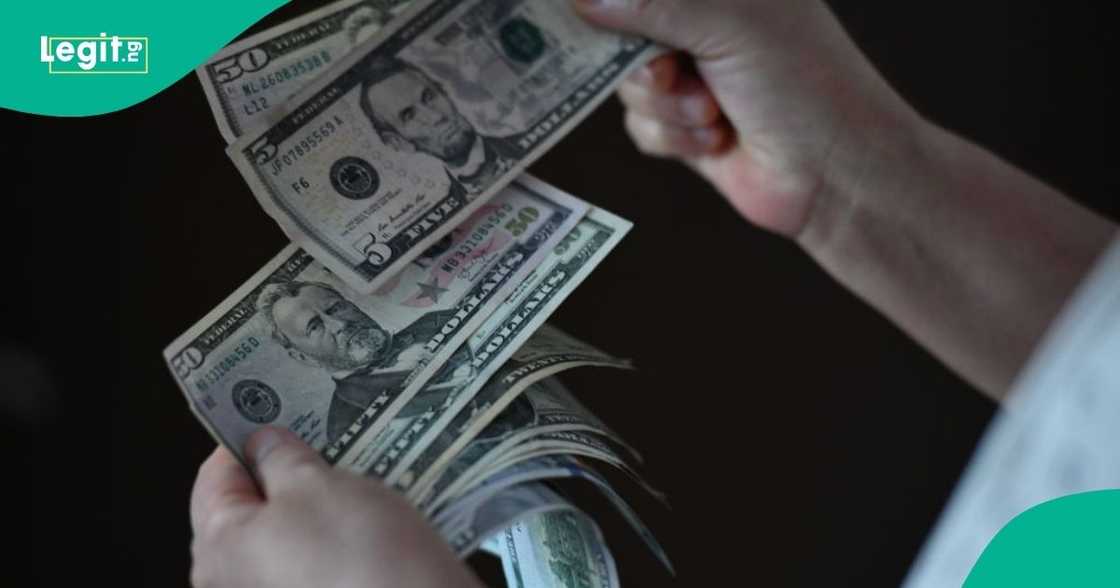
Source: Getty Images
Lagos leads Nigerian states with the highest FDI
The report said that the number of Nigerian states without investments declined from 27 in the second quarter of 2023 to the same period this year.
NBS lists Lagos as leading the state with the most investment, attracting $1.37 billion, or 52.52% of total inflows.
Abuja followed Lagos with $1.24 billion, accounting for 47.48% of total inflows.
New investors to build four refineries
The Nigerian government disclosed that a consortium of South Korean investors has concluded plans to build four 100,000bpd-capacity refineries in various places in Nigeria.
The Nigerian government disclosed this on Tuesday, October 8, 2024.
The Minister of State for Petroleum Resources (Oil), Heineken Lokpobiri, disclosed this at the first edition of a summit by the Crude Oil Refineries Owners Association of Nigeria (CORAN) in Lagos.
The minister said the Nigerian government encourages investors to build refineries by providing a fair environment.
He noted that the approval was recently given to invite the consortium.
He disclosed that Nigeria recently approved a consortium of investors from South Korea, which plans to establish four refineries of the 100,000 barrels model in four locations in Nigeria.
Lokpobiri disclosed that the government adopted a public-private partnership model to encourage investment in the oil and gas sector's midstream and downstream segments.
FG wants to create a value chain in the oil sector
The minister said the move will yield results because the Nigerian government is open to equity investments in four modular refineries and other upcoming ones to ensure energy security.
Per the oil minister, the Nigerian Upstream Petroleum Regulatory Commission (NUPRC) has developed and published the domestic crude supply obligation guidelines to ensure oil sector transparency and grant feedstock access to local refineries.
- Bauchi
- Bayelsa
- Benue
- Borno
- Cross River
- Delta
- Ebonyi
- Edo
- Enugu
- Gombe
- Imo
- Jigawa
- Kaduna
- Kano
- Katsina
- Kebbi
- Kogi
- Kwara
- Nasarawa
- Osun
- Oyo
- Plateau
- Sokoto
- Taraba
- Yobe
- Zamfara
Nigerian states with zero foreign investments in 2023
Legit.ng earlier reported that NBS revealed that Nigeria recorded capital importation of $2.16 billion from January to June 2023.
This represents a 30 per cent drop compared to $3.11 billion recorded in 2022.
The NBS disclosed this in the second quarter capital importation report, published over the weekend.
PAY ATTENTION: Сheck out news that is picked exactly for YOU ➡️ find the “Recommended for you” block on the home page and enjoy!
Source: Legit.ng

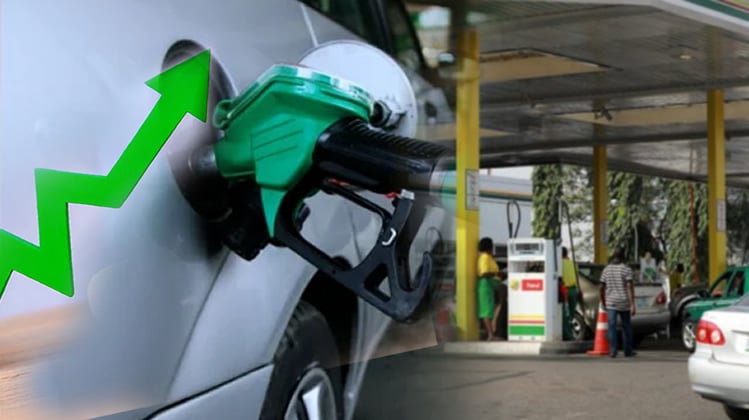


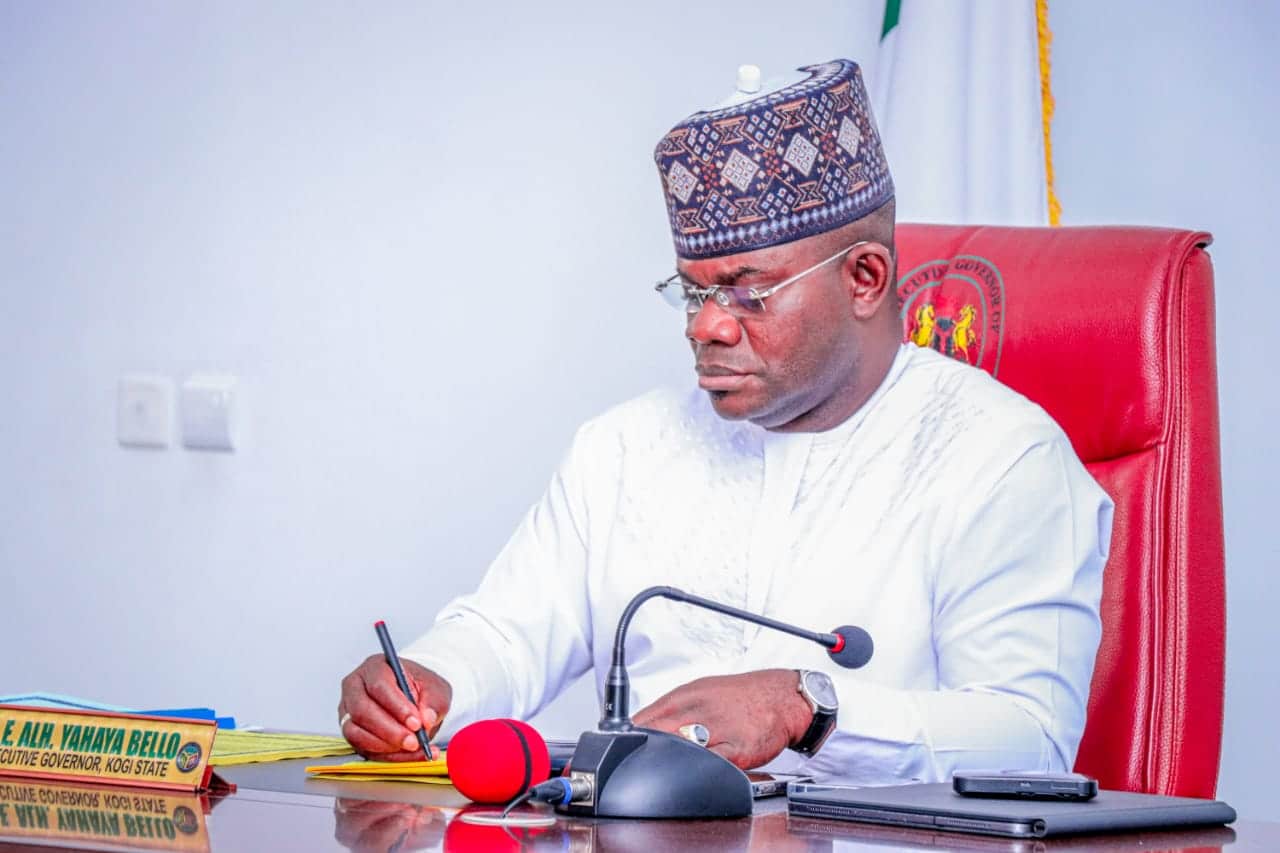
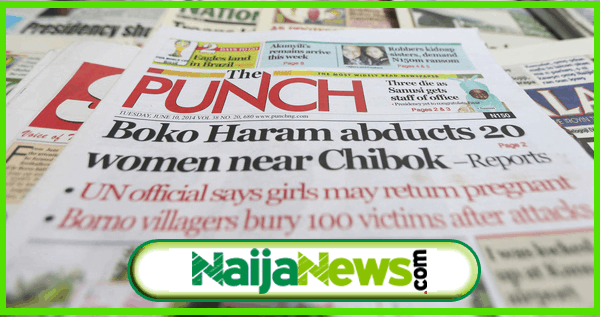




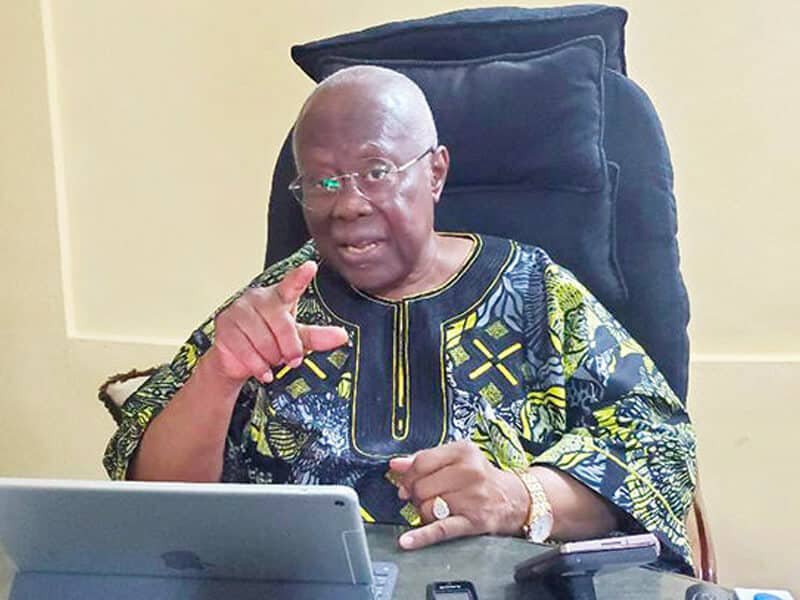
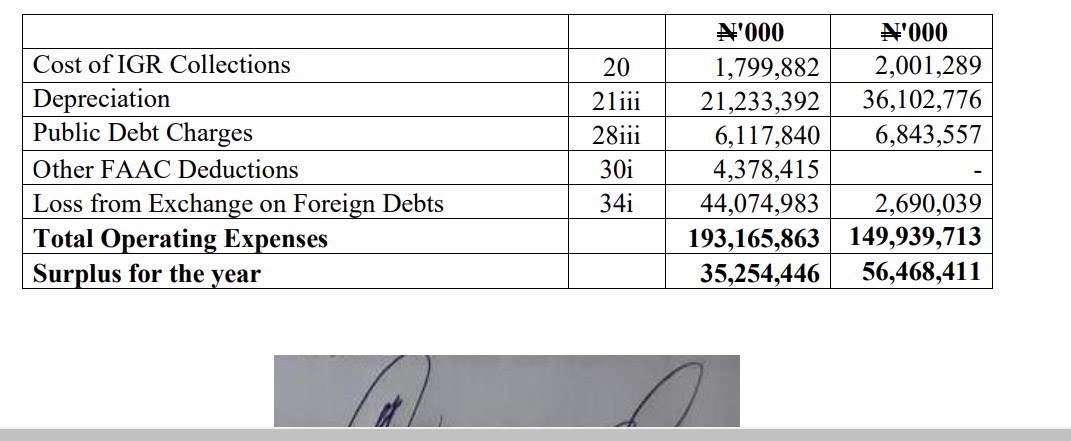
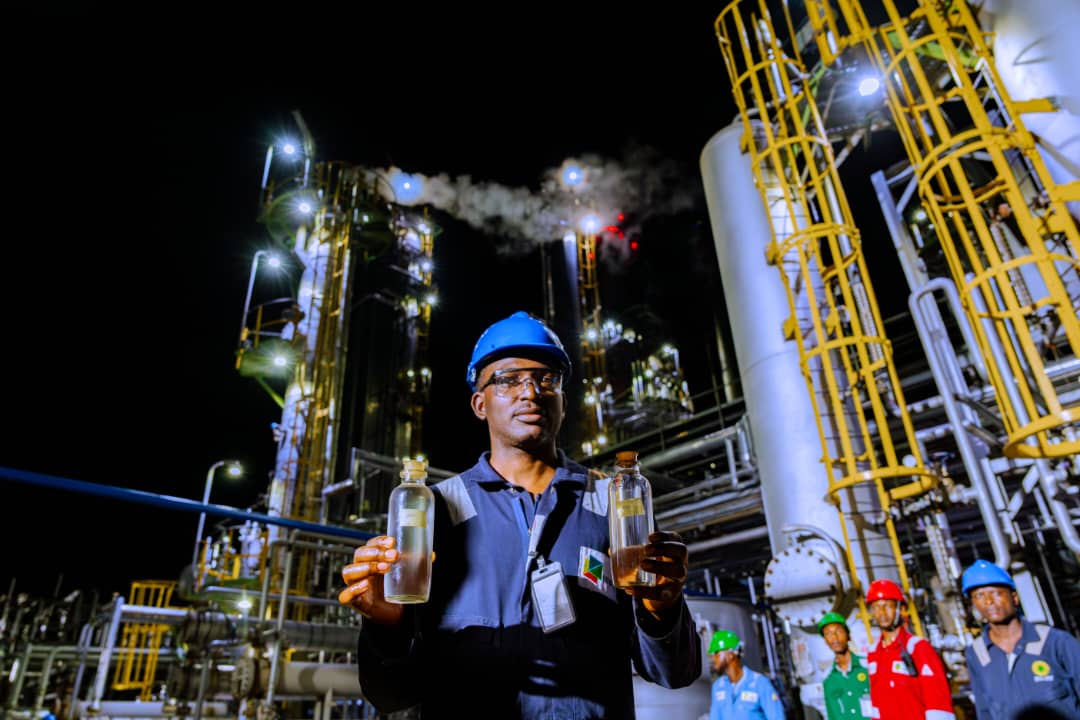


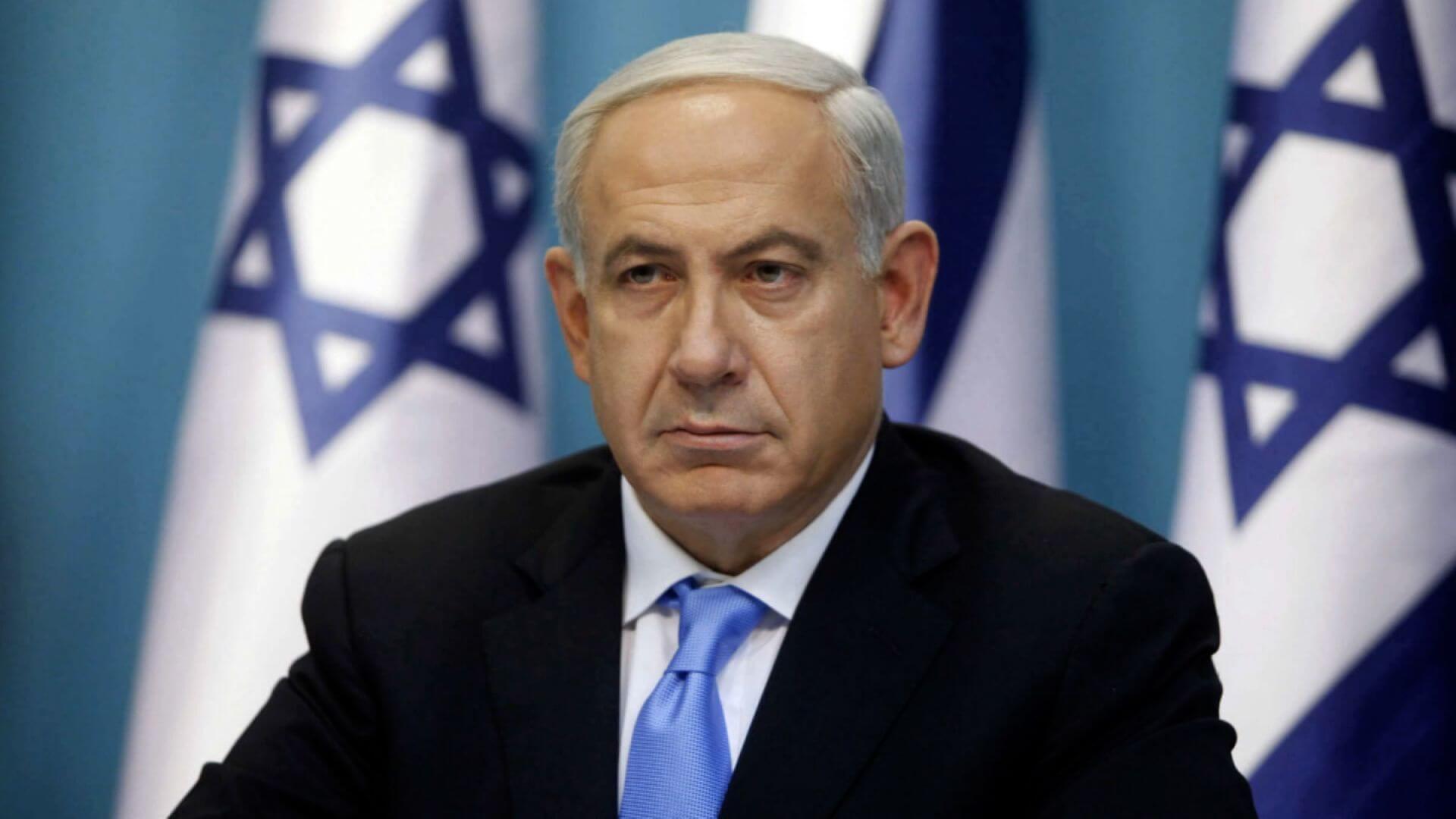
 English (US) ·
English (US) ·